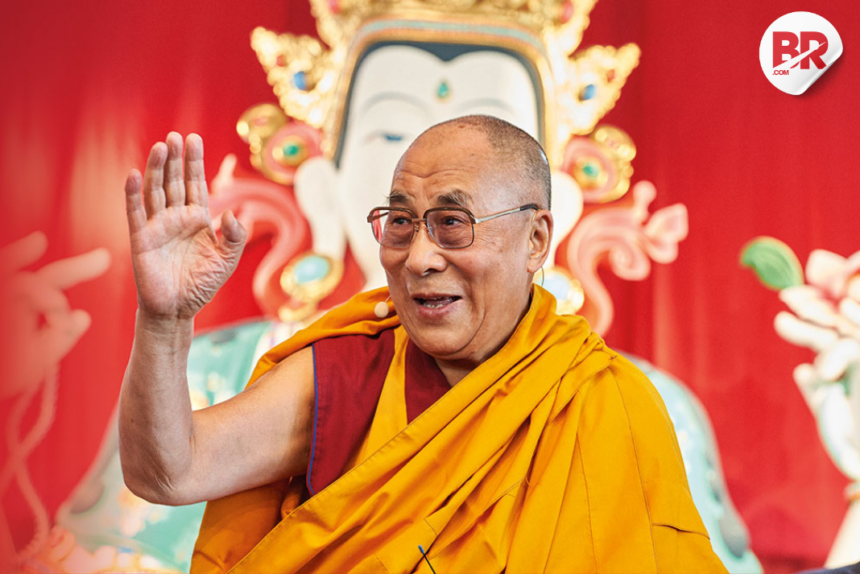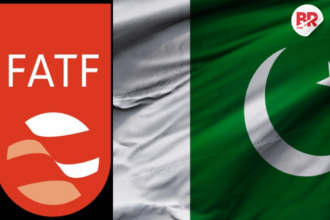
Tensions between India and China have sparked again—this time over a spiritual leader.
Union Minister Kiren Rijiju, who is also a practicing Buddhist, has openly backed the Dalai Lama’s right to choose his own successor. He said that only the Dalai Lama and his institution can decide who the next spiritual leader will be. No outside force—including China—should interfere.

These words didn’t sit well with Beijing.
The Flashpoint: Tibet
For years, China has claimed it holds the final say in choosing the next Dalai Lama. It refers to “ancient traditions” and insists that any new Dalai Lama must be approved by its government. They even bring up old rituals like drawing lots from a golden urn.
But for Tibetans and their followers around the world, this claim is political—not spiritual.
A Firm Indian Stand
Speaking ahead of the Dalai Lama’s 90th birthday, Rijiju said clearly:
“No one has the right to interfere. Only the Dalai Lama and his people can decide who comes next.”
He will be attending the celebration in Dharamshala, along with another Union Minister, Rajiv Ranjan Singh. This signals strong government support—not just symbolic, but political.
China’s Reaction
China responded fast and sharply. Its Foreign Ministry spokesperson Mao Ning said:
“India should be clear about the Dalai Lama’s separatist nature and act cautiously on Tibet-related issues.”
She also repeated China’s usual line: that all reincarnations must follow their law, and must be approved by Beijing.
What’s Really Going On?
This isn’t just about religion. This is about power and identity.
For India, the Dalai Lama is a respected figure who lives in exile here. Supporting his freedom to choose a successor is a way of standing by democracy and spiritual freedom.
For China, it’s a fight for control over Tibet—and a challenge to its grip on the narrative.
India and China have had a rocky relationship, especially after the deadly 2020 border clash in Ladakh. Talks are ongoing to ease the tension. The reopening of the Kailash Mansarovar Yatra was seen as a small step toward peace.
But Rijiju’s comments have stirred the pot again.
This clash over the Dalai Lama’s successor is more than just words—it’s about who gets to write the future of Tibet.
And with India taking a bold stand, one thing is clear: spiritual freedom can’t be dictated by politics.
Also Read China Reacts: Next Dalai Lama Needs Beijing’s Nod, Must Be Picked via ‘Golden…’












